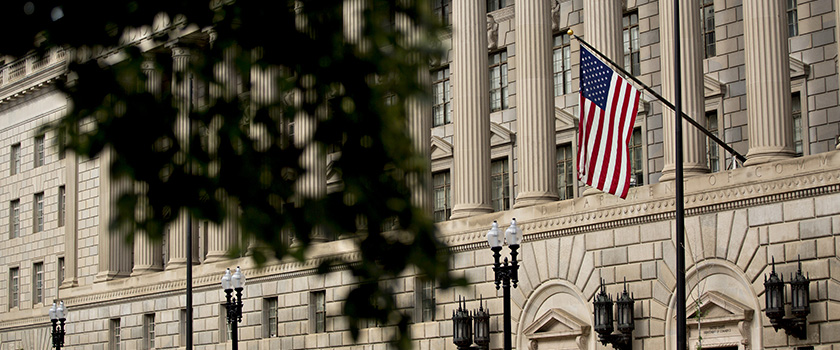Investir (03.02.2020) - Interview with Patrice Gautry, UBP's Chief Economist
What can we expect from the talks on future EU–UK relations?
Both parties have agreed to divorce, but the question this year will be how to rebuild the relationship. London’s aim is to get the broadest possible access to the European market, as well as the cheapest, without restrictions, and to be able to apply the same conditions with non-EU countries. That is their philosophy. As for the EU, they want to give access but with conditions on tariffs, market segments (such as a distinction between goods and services) and rules like free movement of persons.
The negotiations will reveal how much the UK is prepared to accept, particularly in terms of respecting European jurisdictions, and how much the EU is prepared to concede in terms of barriers to entry into the market.
The second challenge is the deadline. Downing Street wants to complete the process before the end of December 2020. This means negotiations will have to be finished before July to allow time for implementation preparations in the second half of the year as all the EU’s parliaments will have to adopt the text.
What scenario do you think is the most likely?
There are two main trading models with the EU: Norway and Switzerland on the one hand, and Canada on the other.
In the Canada trade deal the EU’s jurisdiction does not apply; it is regulated freely and without reciprocity; there is no free movement of persons; and customs duties are lower than in standard WTO agreements, but without dumping. In the Norwegian/Swiss models, free trade comes with free movement of persons and capital; both countries also pay the EU a financial contribution but are not part of the decision-making. Of course the UK prefers the Canada arrangement, or an even wider one. They want as much freedom as possible for their financial sector and above all the broadest possible access to the European market. The idea could be a quick Canada-style agreement with future plans to add detail on specific points or sectors.
Is ‘no-deal’ a possibility?
I don’t think so. No-deal would mean a hard Brexit, and that should be avoided because Boris Johnson’s government and the EU have already agreed on the outline of their future relations.
Chancellor Angela Merkel is doing her best to secure a deal, as are industry lobby groups, both in the EU and in the UK. They have to succeed.









